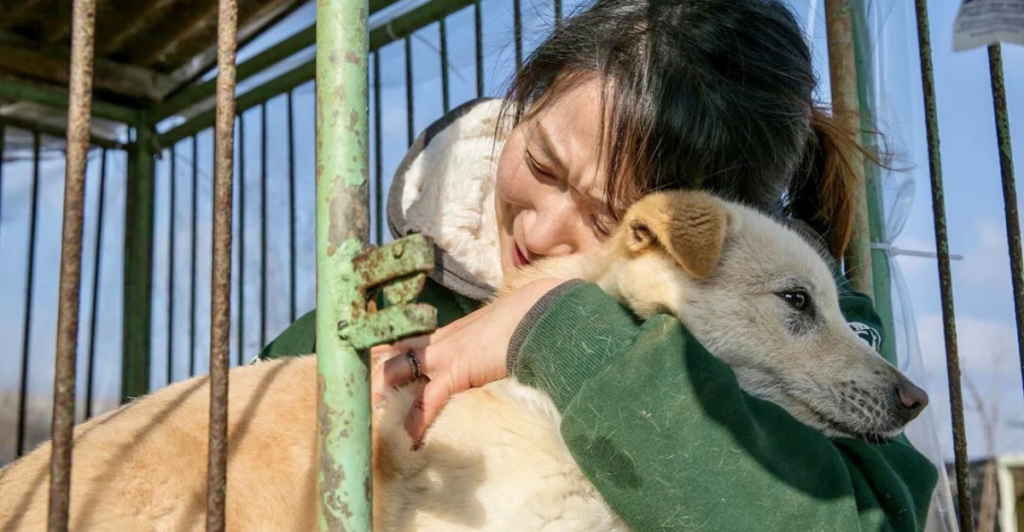
Mexico has made history by becoming one of the first countries to include animal welfare in its Constitution. This significant amendment reflects a growing global trend towards recognizing the importance of animal rights. It highlights Mexico’s commitment to ensuring that animals are treated with dignity, care, and respect. This monumental decision represents a shift in national priorities, emphasizing the ethical treatment of animals in all spheres, from homes to industries.
Understanding the Amendment

The constitutional amendment explicitly recognizes animals as sentient beings capable of experiencing emotions such as pain and pleasure. The change obliges authorities to establish laws that protect animals from abuse, neglect, and cruelty. This recognition is a significant step forward in creating legal frameworks prioritizing animal welfare, offering a stronger foundation for advocacy and enforcement efforts.
A Milestone for Animal Rights

Advocates for animal welfare have long pushed for legislative changes in Mexico. Including animal welfare in the Constitution is a victory for these activists and organizations. This development strengthens the legal standing of animal rights and raises public awareness about ethical treatment. It signals a shift in societal attitudes, encouraging responsible and compassionate animal care.
Implications for Policy

With the constitutional amendment, Mexican lawmakers must craft and implement policies that align with these new principles. This could lead to stricter farming, entertainment, and pet ownership regulations. By enforcing humane standards, the government aims to address concerns about animal cruelty while promoting sustainable practices that benefit both humans and animals.
Local Impact on Communities

The amendment allows communities across Mexico to improve their relationships with animals. Education campaigns are expected to teach citizens about responsible pet ownership and the importance of wildlife conservation. Shelters and rescue organizations may also receive increased support as authorities strive to meet new welfare standards. This change could foster a culture of compassion, benefiting animals and communities alike.
International Recognition

Mexico’s decision has garnered praise from international organizations focused on animal welfare. Groups like the World Animal Protection and the Humane Society International have applauded the move as a progressive step. This recognition places Mexico among a growing list of countries prioritizing animal welfare at a constitutional level, setting an example for others to follow.
Protecting Wildlife

The amendment’s scope extends beyond domestic animals to include wildlife. Mexico is home to diverse ecosystems and endangered species that require protection. This constitutional change reinforces the importance of conservation efforts, ensuring that wildlife habitats are preserved and species are safeguarded against exploitation. It encourages a balance between human activities and the natural world.
Challenges Ahead

While the amendment is a positive step, implementing its principles will require effort and resources. Enforcement of animal welfare laws can be challenging, especially in rural or underserved areas. Authorities will need to address issues like illegal poaching, unregulated breeding, and insufficient animal shelters. Public cooperation and awareness will play a crucial role in overcoming these challenges.
The Role of Education

Education is a key component of this initiative. Schools and community programs are expected to incorporate animal welfare and conservation lessons. By teaching younger generations to value and respect animals, Mexico aims to create a long-lasting cultural shift. These efforts could inspire future leaders and activists dedicated to advancing animal rights.
Economic Opportunities

The amendment may also bring economic benefits. Ethical tourism focused on wildlife and sustainable practices could attract visitors worldwide. Under new regulations, animal-friendly businesses and industries may thrive, creating jobs and opportunities. By aligning animal welfare with economic growth, Mexico can showcase the positive impact of this progressive approach.
A Model for Latin America

As one of the largest countries in Latin America, Mexico’s decision could influence neighboring nations. The constitutional amendment sets a precedent for other countries to consider similar measures. Regional collaborations may arise to address cross-border issues such as wildlife trafficking, further promoting animal welfare across the continent.
A Voice for the Voiceless

By enshrining animal welfare in its Constitution, Mexico has given a voice to those who cannot speak for themselves. This amendment symbolizes a commitment to kindness and responsibility. It recognizes that the well-being of animals is intrinsically linked to human values, health, and the environment, creating a foundation for a more humane society.
Looking Ahead

Including animal welfare in Mexico’s Constitution marks a historic milestone, but it’s only the beginning. As the country works to implement these changes, the world will watch closely. Mexico’s journey offers valuable lessons on balancing progress, ethics, and sustainability. This step forward paves the way for a future where humans and animals coexist harmoniously.
Discover more of our trending stories and follow us to keep them appearing in your feed

Meet the Massive Crocodiles That Make Their Homes 40 Feet Underground
The 12 Prettiest Flowers in the World—Ranked
13 Flowers to Transform Your Garden Into a Bee Magnet
Reasons Why HOAs Should Encourage Wildlife Gardening in Neighborhoods
Stay connected with us for more stories like this! Follow us to get the latest updates or hit the Follow button at the top of this article, and let us know what you think by leaving your feedback below. We’d love to hear from you!







